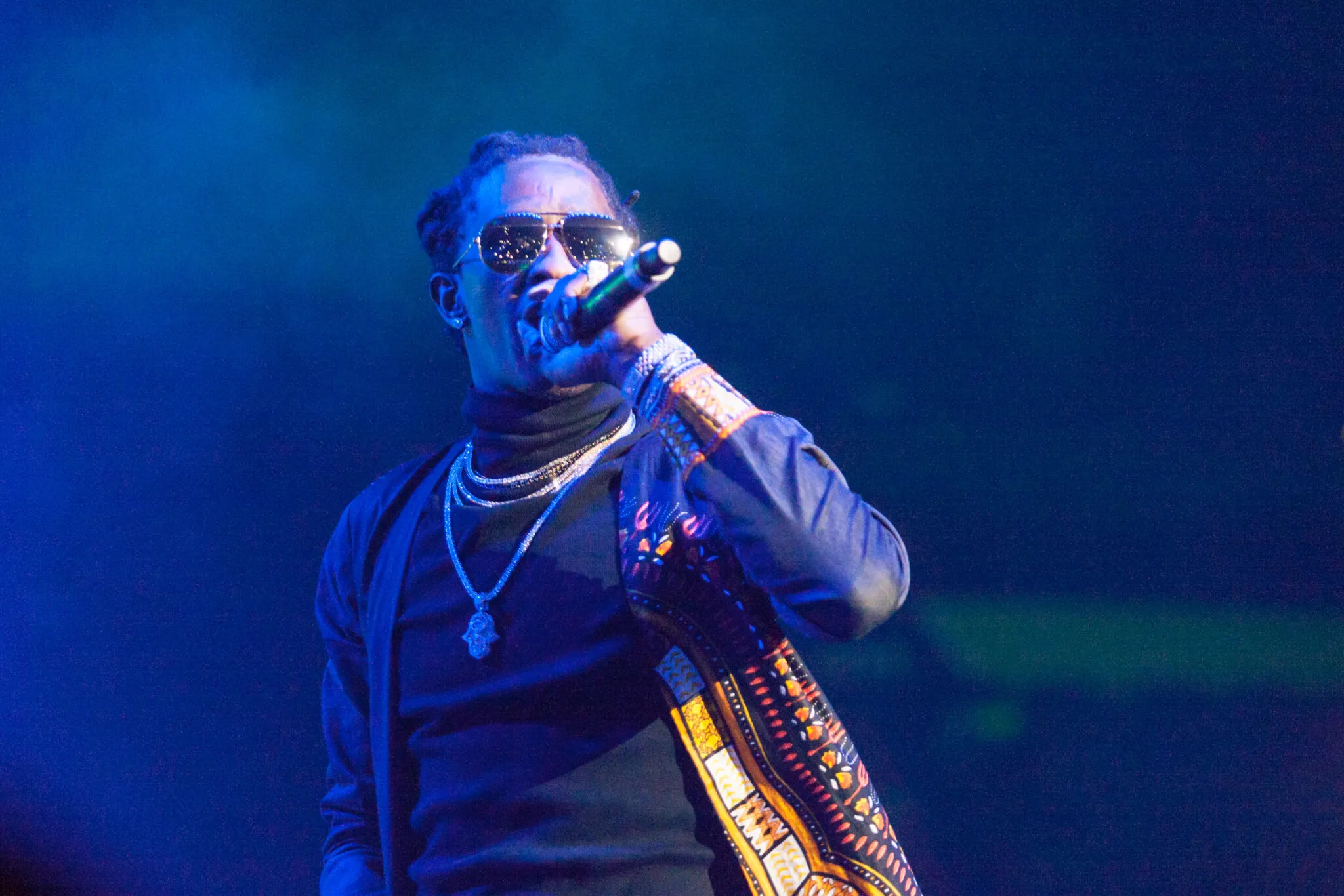Young Thug’s Shocking Guilty Plea: What It Means for His Future
In a stunning turn of events, Young Thug, whose real name is Jeffery Lamar Williams, changed his plea to guilty on October 31, 2024. This decision comes amid a high-profile case that has captivated the public and media alike, involving serious allegations of gang activity, drug offenses, and firearm possession. The implications of this guilty plea are significant, not only for Young Thug’s personal life but also for the broader hip-hop community.
Background of the Case
The case against Young Thug has been marked by its complexity and duration. It is noted as Georgia’s longest-running criminal trial, having commenced with jury selection in January 2023. The trial has faced numerous delays and complications, making it a focal point of legal discussions in the state. Young Thug’s charges include one count of gang involvement, three counts of drug offenses, and two counts related to firearms. Additionally, he entered a no contest plea regarding a racketeering conspiracy charge.
Details of the Guilty Plea
The guilty plea was not part of a negotiated agreement, as discussions between the prosecution and defense failed. This meant that Fulton County Superior Court Judge Paige Reese Whitaker had full discretion over the sentencing. Ultimately, Young Thug received a total sentence of 40 years, with the first five years commuted to time served, followed by 15 years of probation. If he adheres to the terms of his probation, an additional 20 years will be suspended.
Conditions of Release
As part of his sentencing, Young Thug will be placed on house arrest and is required to stay away from the metro Atlanta area for the first ten years of his probation, except for significant family events. This condition adds another layer of complexity to his life as he navigates the challenges of reintegration into society.
Co-defendants and Trial Dynamics
The dynamics of the trial were further complicated by the fact that three co-defendants had already accepted plea deals earlier that week. This shift in the courtroom landscape has raised questions about the strategies employed by both the prosecution and defense. Young Thug’s attorney, Brian Steel, has been vocal about what he perceives as the misrepresentation of facts by the prosecution throughout the trial.
Public Impact and Artistic Expression
The case has drawn significant media attention, not only due to Young Thug’s celebrity status but also because of the controversial use of rap lyrics as evidence against him. This has sparked heated debates about artistic expression and its legal implications. Many in the hip-hop community are concerned about the potential chilling effect this could have on artists who use their music to express their life experiences.
Future Obligations and Personal Reflections
As part of his probation, Young Thug is required to conduct four anti-gang and anti-violence presentations for children each year. This requirement indicates a shift in focus for the artist, who expressed remorse in court and a desire to change his life post-release. He indicated that he plans to shift the themes of his music towards more meaningful experiences, reflecting a personal transformation.
Legal Troubles and Community Response
The allegations against Young Thug paint a picture of a man who was purportedly a leader of the “Young Slime Life” (YSL) gang, involved in various criminal activities, including drug trafficking and violent crimes. The community’s response to his legal troubles has been mixed, with some expressing disappointment while others continue to support him.
Conclusion: What Lies Ahead for Young Thug
As Young Thug embarks on this new chapter of his life, the implications of his guilty plea are profound. The next 40 years will be pivotal, not only for his personal growth but also for his career in the music industry. The hip-hop community will be watching closely to see how he navigates these challenges and whether he can transform his experiences into a positive influence for others.
In summary, Young Thug’s guilty plea marks a significant moment in his life and career, raising questions about the intersection of art, law, and personal responsibility. As he faces the future, the hope is that he can emerge from this ordeal with a renewed sense of purpose and a commitment to making a difference in the lives of young people.






Leave a Comment